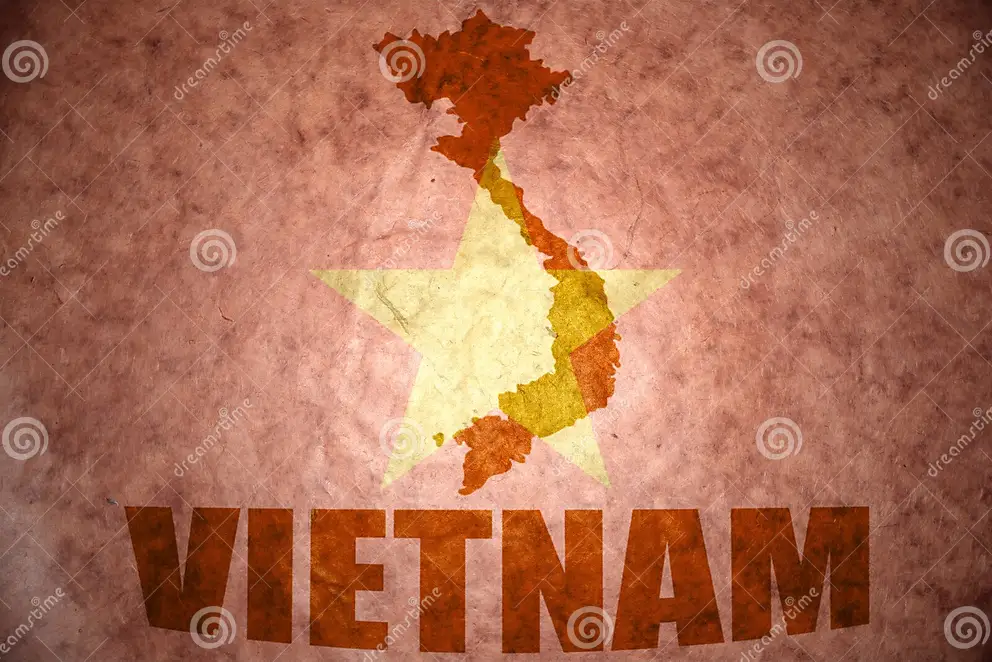
The Vietnam War: A Half-Century of Reflection and Reassessment
Turning Points in Public Perception
The period from the Tet Offensive in early 1968 to the Moratorium demonstrations of May 1970 marked a crucial turning point in the Vietnam War, particularly in the battle for American public opinion. This era witnessed the downfall of President Lyndon Johnson and the emergence of President Richard Nixon’s Vietnamization strategy. As Americans commemorate anniversary of these events, there has been a renewed focus on re-examining the war, its strategies, and its impacts.
Reevaluating the War: Years of Debate
The last fifty or so years have seen extensive political debate and scholarly research regarding the Vietnam War. Documentaries like Ken Burns and Lynn Novick’s The Vietnam War and books like Max Hastings’ Vietnam: An Epic Tragedy, 1945-1975 have brought these discussions to a broader audience. They reflect on how the war was conducted by the United States, its impact on American politics and society, and provide deeper insights into Hanoi’s perspective and the internal dynamics within South Vietnam.
Understanding the Main Participants
Significant details have emerged about the main participants in the Vietnam War. The United States’ military, political, and diplomatic strategies have been scrutinized, alongside the profound effects of the war on American society. Recent research has shed light on Hanoi’s war efforts, revealing how leaders like Ho Chi Minh were sidelined by more ruthless figures such as Le Duan. There is also an emerging recognition of genuine nationalists within South Vietnam who feared the future under a communist regime.
The Overlooked Regional Context
Much of the literature on the Vietnam War has been produced by Americans, focusing primarily on American perspectives. However, from an Australian viewpoint, the regional context is critical and often underrepresented. Two elements deserve particular attention:
The Domino Theory Revisited
The domino theory posited that a communist victory in South Vietnam would lead to a spread of communism throughout Southeast Asia. While Laos and Cambodia did fall to communist regimes after Saigon’s collapse in 1975, the theory was often discredited. However, in the mid-1960s, the theory influenced Australia’s decision to commit combat forces, driven by concerns over the stability of Malaysia and Indonesia amidst regional tensions and the threat posed by the Indonesian Communist Party.
Changing Regional Dynamics
By 1968, regional dynamics had shifted dramatically. Indonesia had transitioned to a Western-oriented regime, tensions in Malaysia had subsided, and the formation of ASEAN in 1967 marked a new era of regional cooperation. These changes, unforeseen in 1965, suggest that the regional impact of an earlier American withdrawal from Vietnam might not have been as catastrophic as initially feared. This perspective is supported by Singapore’s leaders, who argue that the American intervention delayed the fall of Saigon, allowing regional nations to better prepare for the new balance of power.
Australia’s Strategic Calculations
Australia’s involvement in the Vietnam War was driven by strategic concerns distinct from those of the United States. While the US was focused on containing communism globally, Australia was more concerned with regional stability. The commitment to Vietnam was influenced by a policy of ‘forward defence,’ which had previously proven effective in the Malayan Emergency and Indonesian Confrontation. However, Australia’s lack of detailed knowledge about mainland Southeast Asia and overestimation of American capabilities led to strategic miscalculations.
Lessons for Modern Strategy
The Vietnam War offers several lessons for contemporary Australian strategists. Effective intervention requires a deep understanding of one’s own capabilities, the enemy, the ally, and the historical context of the region. These lessons are crucial for evaluating future commitments and ensuring that strategic decisions are based on comprehensive knowledge and realistic assessments.
In reflecting on the Vietnam War, it is evident that both the costs and benefits of military interventions must be carefully weighed. For Australia, this means considering regional dynamics and maintaining a balance between alliance obligations and independent strategic interests. The war remains a potent reminder of the complexities of international conflicts and the importance of informed decision-making in foreign policy.



